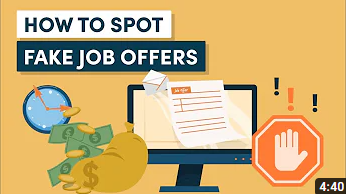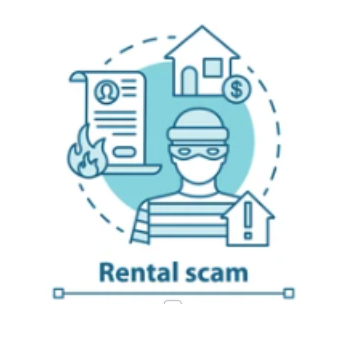Scams
Beware of Scams
Scammers may impersonate an employee of a government agency such as the IRS, ICE, FBI, CBP, USCIS, or even a U.S. Embassy or Consulate. Learn more about common scams and be alert for suspicious calls, emails, and texts.
Know how to Identify Common Threats
Impostor government officer calls: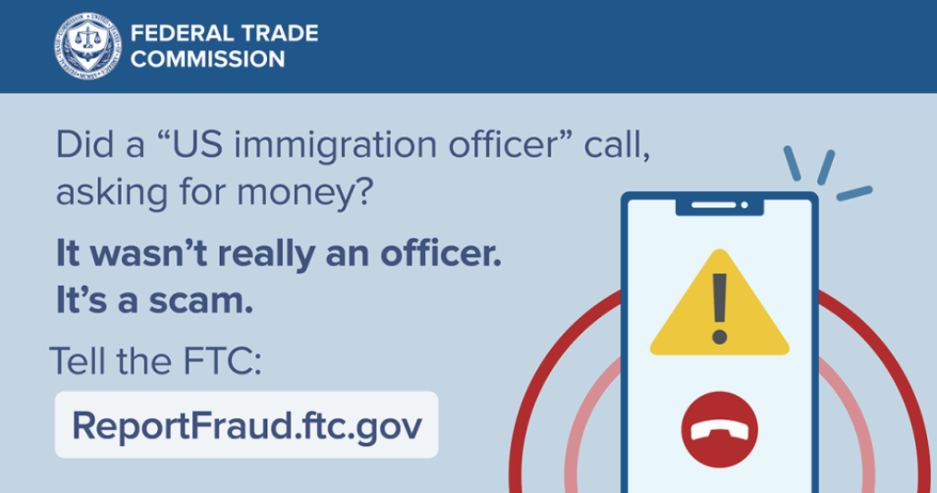
- To inform you that you have violated an immigration law
- To request personal information
- To request payment for a visa fee
- To request payment to fix your visa status
- To inform you that you owe taxes and you should pay them now
- You are offered a job you have yet to apply for
- The salary offered is higher than usual
- You do not have an interview in person or via Zoom with the camera on
- Your interview is over text or chat
- The terms of your employment are vague
- The company says they will send you a check to buy computer equipment for you to work from home.
- Vacancies are listed on reputable housing websites but by scammers
- You are asked to send money for the deposit before you can view the housing
- You are told that the owner or landlord is out of town and will mail you the key
- The rental fee is cheap – much cheaper than other housing – with photos of a beautiful apartment or house
How to avoid scams
The information below is provided by Consumer. ftc.gov
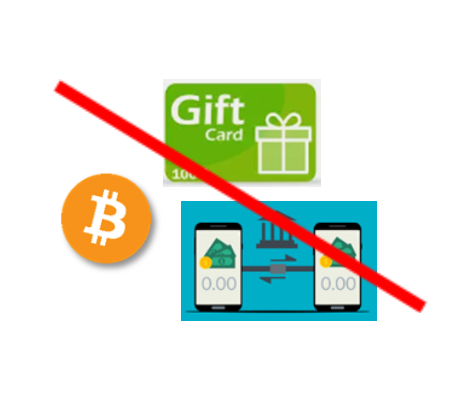
- ICE, USCIS, SEVP, CBP, IRS, Police Officer - Government officers will NEVER call you and demand money.
- Don’t wire money or use gift cards, cryptocurrency, or a payment app to pay someone who says they’re with the government.
- Scammers insist you can only pay these ways because it’s hard to track that money, and just as hard to get it back. They’ll take your money and disappear.
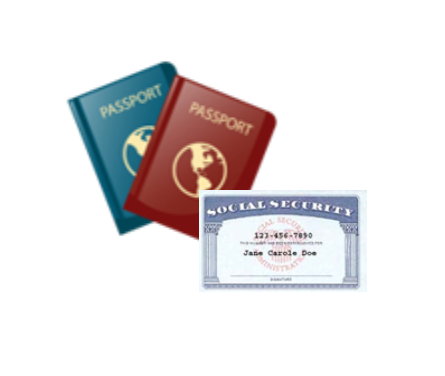
- Don’t give your financial or personal information to someone who calls, texts, emails, or messages you on social media and says they’re with the government.
- If you think a call or message could be real, stop. Hang up the phone and call the government agency directly at a number you know is correct. If the call is a robocall, don’t press any numbers. Pressing numbers could lead to more calls.

- Don’t click on links in unexpected emails, texts, or social media messages.
- Scammers send emails and messages that look like they’re from a government agency but are designed to steal your money and personal information. Don’t click on any link, and don’t pass it on to others. Just delete the message.
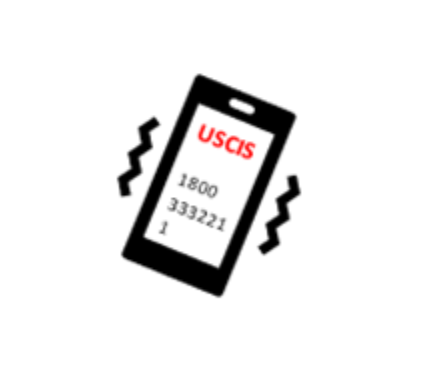
- Don’t trust your caller ID.
- Your caller ID might show the government agency’s real phone number or name — like “Social Security Administration.” But caller ID can be faked. It could be anyone calling from anywhere in the world.
If you see yourself in any of these situations:
Don't Panic!
Contact someone you trust or call the International Student Center.

